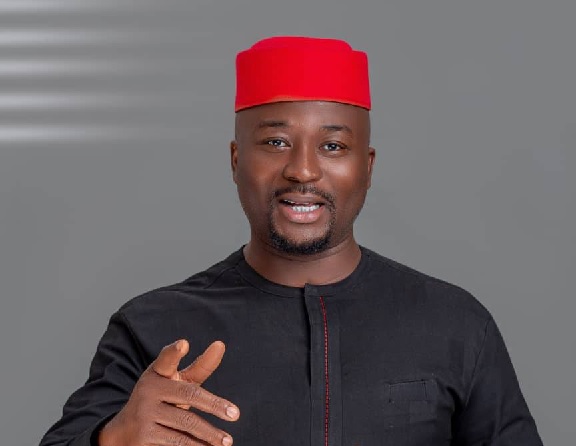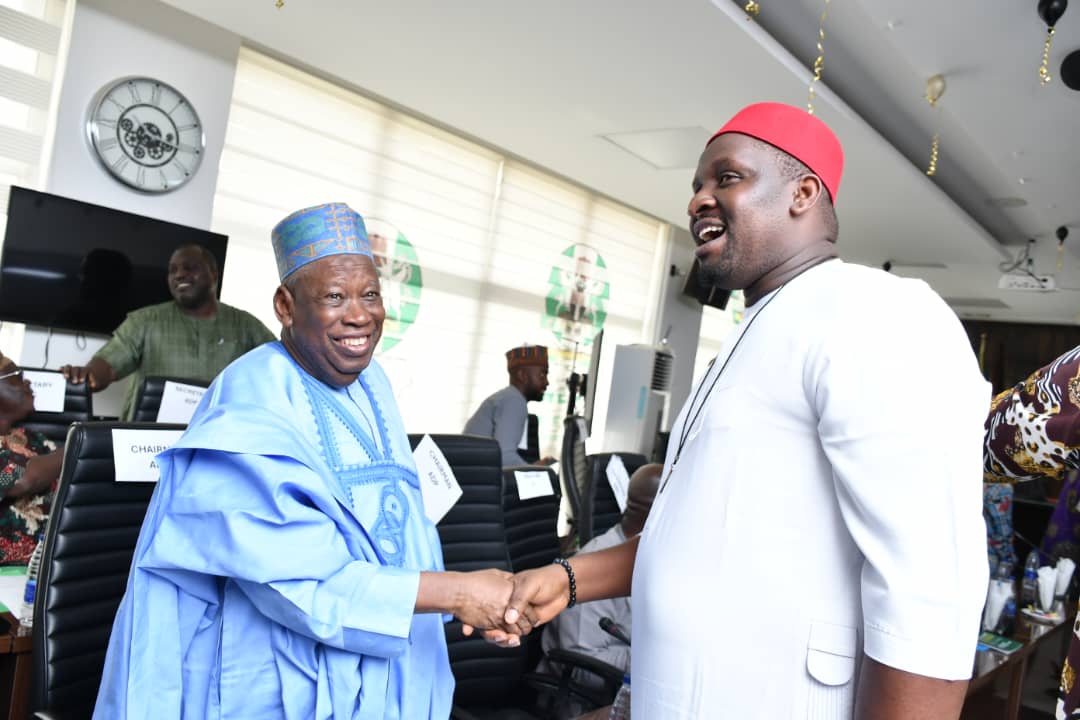Political Transition, the Challenges to Democratic Governance and President Bola Ahmed Tinibu’s Resolute Efforts in Righting the Wrong in Nigeria as culled from the APGA National Chairman, Barr. Sly Ezeokenwa. – NDUKA ANYANWU
Barr. Sly Ezeokenwa, the APGA National Chairman’s brief perspective on political transition and democratic governance in Nigeria is likely to offer valuable insights into the country’s political landscape. Political transition refers to the process of transferring power from one political leadership to another, often following elections or other significant political events. Nigeria, being a democratic country, faces various challenges in ensuring a smooth political transition and maintaining democratic governance. Some of these challenges include:
- Electoral malpractices and disputes
- Political instability and violence
- Corruption and abuse of power
- Ethnic and religious tensions
- Weak institutional frameworks1
- Lack of political will and commitment to democratic values
- External interference and influence
The APGA National Chairman’s views on these challenges and potential solutions would be enlightening, especially given the party’s experiences and perspectives on Nigeria’s political landscape.
He furthermore emphasizes that the selection of undemocratic party candidates with selfish interests who consider politics a profitable investment enterprise has plunged Nigeria into serious democratic chaos. Also, constitutional abuse normally has serious repercussions most notably in the areas of political stability, security, and economic development. Though the challenges to democratic governance in the history of Nigeria’s attempts at democratization could not be reduced to constitutional breach alone, the violation of due process of the law compounded and exacerbated the problem. When most of the elected and other top-ranking politicians refused to obey the constitution and engaged in massive corruption, most people down the social ladder would follow suit. This has generated a violent upsurge in various fraudulent activities that almost crippled the banking sector, brought insecurity of life and property, and general economic squander mania from both the public and politicians leading to general insecurity in the gruesome forms of Boko-Haram, banditry, kidnappings, and abductions across the country.
President Bola Ahmed Tinibu’s current administration has been saddled with the full responsibility to right most of these wrongs. We remain resolute that he shall face this head-on.
Note: This article is written on behalf of Barrister Sly Ezeokenwa, the APGA National Chairman




